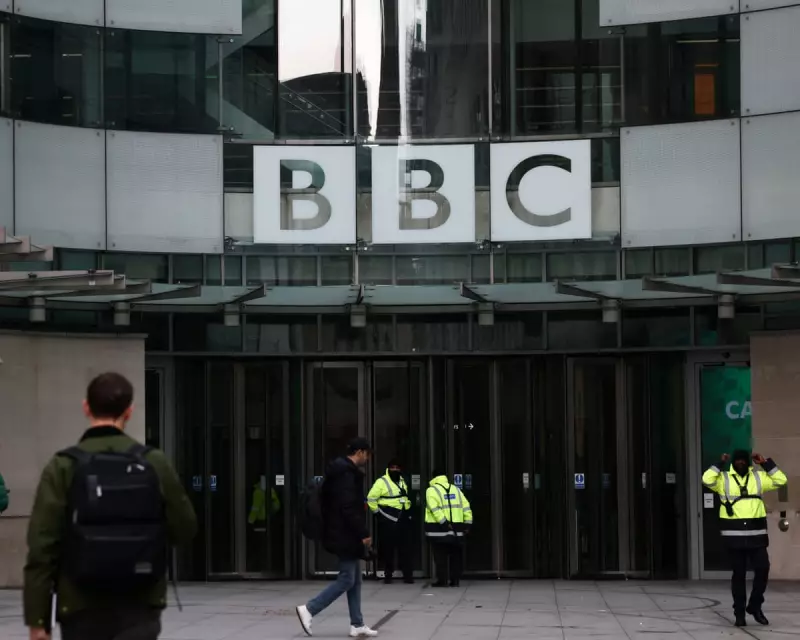
The BBC has been thrown into turmoil following the abrupt departure of two of its most senior executives, Director General Tim Davie and Head of News Deborah Turness. Their simultaneous resignations sent shockwaves through New Broadcasting House and came amidst a fierce internal dispute over how to handle allegations of systemic liberal bias.
The Memo That Sparked a Crisis
The catalyst for this leadership crisis was a memo from Michael Prescott, a former external adviser to the corporation. In his September submission to the BBC board, Prescott claimed there were serious and systemic problems with the broadcaster's coverage. He specifically pointed to perceived liberal bias in its reporting on the US election, the conflict in Gaza, and issues surrounding racial diversity and transgender rights.
The disagreement over the official response to these allegations ultimately led to the downfall of Davie and Turness. In the aftermath, whispers of a rightwing coup, deep board divisions, and paralysing internal delays began to surface, painting a picture of an organisation in profound disarray.
Parliamentary Scrutiny and Internal Divisions
On Monday, MPs on the culture, media and sport select committee will formally examine Prescott's claims. The hearing will feature Prescott himself and Robbie Gibb, a BBC board member known for his Conservative support who has been accused of repeatedly raising concerns about liberal bias.
They will appear alongside BBC Chair Samir Shah, former external adviser Caroline Daniel, and board member Caroline Thomson. This session is set to address several critical questions that lie at the heart of the BBC's current predicament.
Key Questions for the BBC
Were Prescott's concerns ignored? Prescott stated he sent his memo because his initial warnings about bias had been dismissed. While the BBC has apologised for one specific issue mentioned—an edited clip of a Trump speech—Shah has also characterised the memo as a partial and personal account. The committee will seek to determine the validity of Prescott's claim that his warnings were not taken seriously.
Evidence of a rightwing campaign? Some insiders believe that while Prescott's memo highlighted genuine failings, it was part of a broader, coordinated effort by like-minded figures to pressure the corporation from the political right. The investigation will look into the relationship between Prescott and Gibb, and who commissioned supporting research from journalist David Grossman.
Board splits and leadership control. The BBC board held two meetings to discuss the memo but failed to produce a timely response, with an official statement only emerging after the top executives had quit. This has raised serious questions about Samir Shah's control over the board, a concern amplified by the recent resignation of board member Shumeet Banerji, who cited governance issues at the top.
The select committee itself appears divided on how to handle the crisis, with its initial plan to hear only from Prescott being changed after complaints from Labour member Rupa Huq. The broadcaster, a British institution, now faces one of its most significant tests in recent years as it struggles to navigate accusations of bias and restore internal stability.






